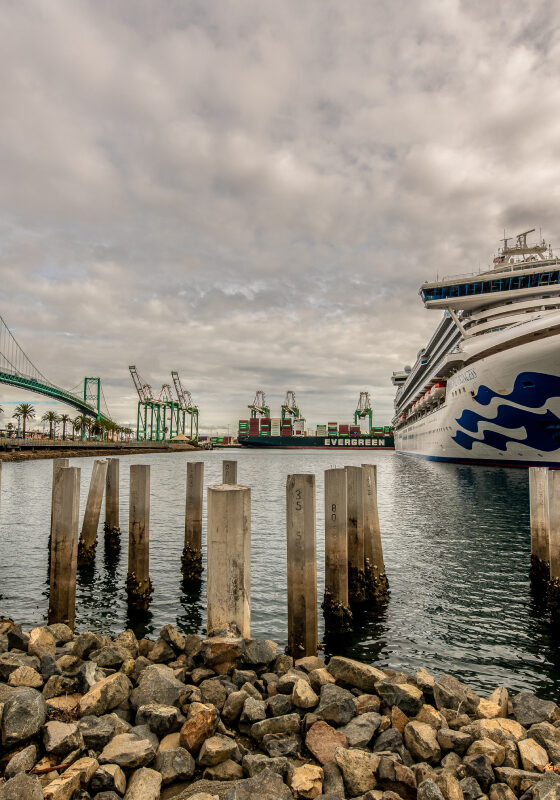Navigating Recovery: A Comprehensive Guide for Maritime Workers Overcoming Addiction
Addiction Recovery Guide for Maritime Workers in the Southbay
The maritime industry is known for its demanding work environment, long hours, and high-stress conditions. Unfortunately, these factors contribute to a higher risk of substance use and addiction among port workers, longshoremen, and seafarers. Recognizing the need for support, this guide provides essential information on addiction recovery, maintaining sobriety in high-stress maritime jobs, and building strong family support systems.
Signs of Substance Use in the Maritime Industry
Identifying substance use early is crucial for ensuring workplace safety and individual well-being. Some common signs of substance use in maritime workers include:
- Frequent absenteeism or unexplained time off
- Decreased performance and attention to safety protocols
- Mood swings, irritability, or sudden behavioral changes
- Physical symptoms such as bloodshot eyes, slurred speech, or unsteady coordination
- Avoidance of supervisors or drug testing procedures
If you or someone you know exhibits these signs, seeking professional help can prevent further harm and facilitate recovery.
Confidential Treatment Options for Port Workers
Maritime workers often hesitate to seek help due to fears of job loss or stigma. However, various confidential treatment options ensure privacy and professional support, including:
- Employee Assistance Programs (EAPs): Many maritime companies offer EAPs with counseling and rehabilitation resources.
- Inpatient and Outpatient Rehab Programs: Facilities specifically designed for industry professionals provide tailored addiction treatment plans.
- Anonymous Support Groups: Organizations such as Alcoholics Anonymous (AA) and Narcotics Anonymous (NA) offer judgment-free peer support.
- Telehealth Counseling Services: Virtual therapy and counseling provide discreet support for those with irregular work schedules.
Maintaining Sobriety in High-Stress Port Jobs
Sobriety in high-pressure environments requires proactive strategies and a strong support network. Here are some practical tips for maritime workers:
- Develop Healthy Coping Mechanisms: Exercise, meditation, and journaling can help manage stress without resorting to substances.
- Stay Connected with Support Groups: Engaging with a recovery community reinforces commitment to sobriety.
- Communicate with Supervisors: Some workplaces offer accommodations or job modifications to support recovery.
- Avoid High-Risk Situations: Reducing time spent in environments where substances are prevalent can minimize temptation.
- Utilize After-Hours Support: 24/7 hotlines, virtual therapy, and crisis intervention services ensure help is available when needed.
Family Support Systems for Recovering Longshoremen
Family plays a critical role in addiction recovery. Effective support systems can strengthen resilience and provide motivation for long-term sobriety.
How Families Can Help:
- Encourage Open Communication: Creating a judgment-free space allows recovering workers to share their struggles and victories.
- Participate in Family Therapy: Counseling sessions can help repair relationships and build a supportive home environment.
- Educate Themselves on Addiction: Understanding addiction as a medical condition rather than a personal failure fosters empathy and encouragement.
- Set Healthy Boundaries: While support is crucial, enabling destructive behaviors can hinder recovery.
After-Hours Support for Shift Workers
Given the irregular schedules in the maritime industry, round-the-clock support is essential for recovery. Resources include:
- 24/7 crisis hotlines for immediate assistance
- Virtual recovery meetings tailored for shift workers
- On-demand therapy and counseling services via mobile apps
- Peer mentorship programs offering guidance from others in similar industries
Conclusion
Recovery from addiction in the maritime industry requires a combination of professional treatment, workplace support, and strong personal relationships. By recognizing signs of substance use, utilizing confidential treatment options, and building a robust support network, maritime workers can navigate the path to long-term sobriety successfully.
For more information, resources, or professional guidance, reach out to Coastwise Health, where we specialize in confidential and effective addiction recovery solutions for maritime professionals.

"*" indicates required fields
